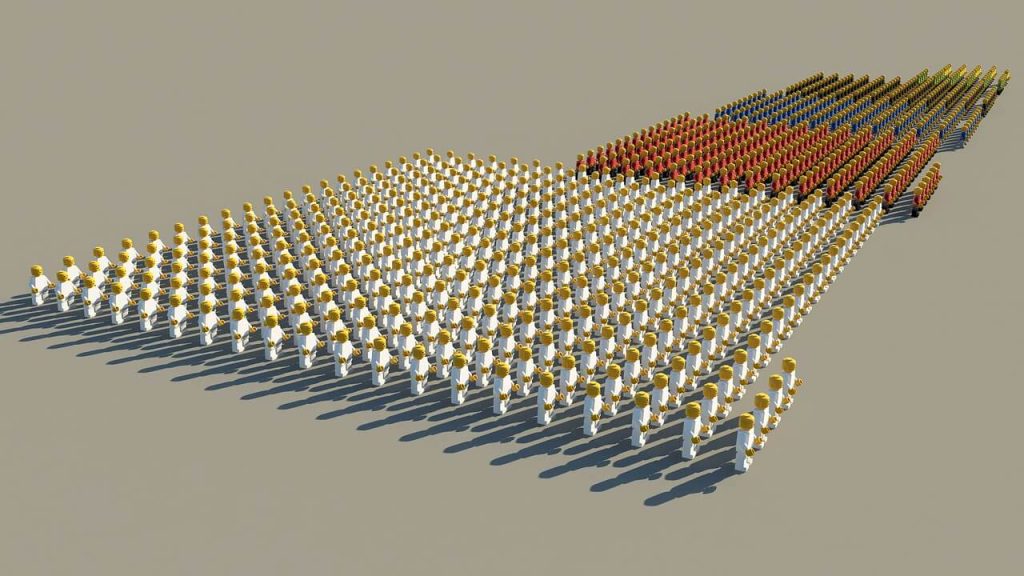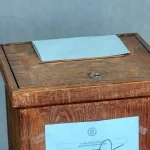Sessa reported on the number of submitted slates and nominations as the filing deadline expired at midnight.
There are 7,104 candidates on the slates for county assemblies, including the City of Zagreb, which has the status of a county, and 28,867 candidates on the slates for city and municipal councils.
A total of 225 people are running for county prefects and their deputies, including the candidates for Zagreb mayor and deputy mayor, and 1,901 candidates are in the race for municipal heads and mayors, including their deputies.
Eleven candidates running for mayors of Split and Rijeka
In Split and Rijeka there are 11 mayoral candidates, ten candidates are running for Zagreb mayor and seven for Osijek mayor.
After local electoral commissions announce valid nominations, electioneering will officially start in counties, cities and municipalities, and will last until midnight on 14 May, when a two-day electioneering ban starts.
The Saturday before the elections and the election Sunday are days of election silence, and the same rule will apply in the second round of the vote, to be held on 30 May.
There will be 6,572 polling stations, and each polling committee will have ten members, Sessa said.
Twenty-five tents to be set up for elections in earthquake-struck Banovina
The conduct of local elections has also been ensured in the earthquake-hit area.
Twenty-five tents will be set up the day before the elections in places where it is not possible to have polling stations inside buildings, said Sessa, adding that there will be eight tents in Glina, seven in Petrinja, four in Sisak, and three each in Donji Kukuruzari and Majur.
He called on voters to adhere to epidemiological measures.
He also confirmed that voters from the Banovina region who had moved away after the earthquake would not be able to cast their vote in another location, adding that he understands their problem but that it is not legally possible to conduct the elections differently.
There will be 14 million ballots in the elections and the organisation would be too difficult logistically, he said.
He recalled that all participants would have to enter their reports on advertising spending in a special IT system, which is a novelty in these elections. They will have to do that seven days before the elections and 30 days after them, Sessa said, noting that all data on finances will be released in one place, DIP’s website.
Infected persons and those in self-isolation to vote under same conditions as in July
Persons in self-isolation and those infected with coronavirus will vote in the same way they did in July in the parliamentary elections. Polling committee members will come to their homes, and those infected will be able to cast their vote with the help of another person to avoid contact between polling committee members and an infected person, the DIP president said.
DIP spokesman Slaven Hojski said the election results would be released on election day starting from 9 p.m. and would be updated every 15 minutes.
For more about politics in Croatia, follow TCN’s dedicated page.












